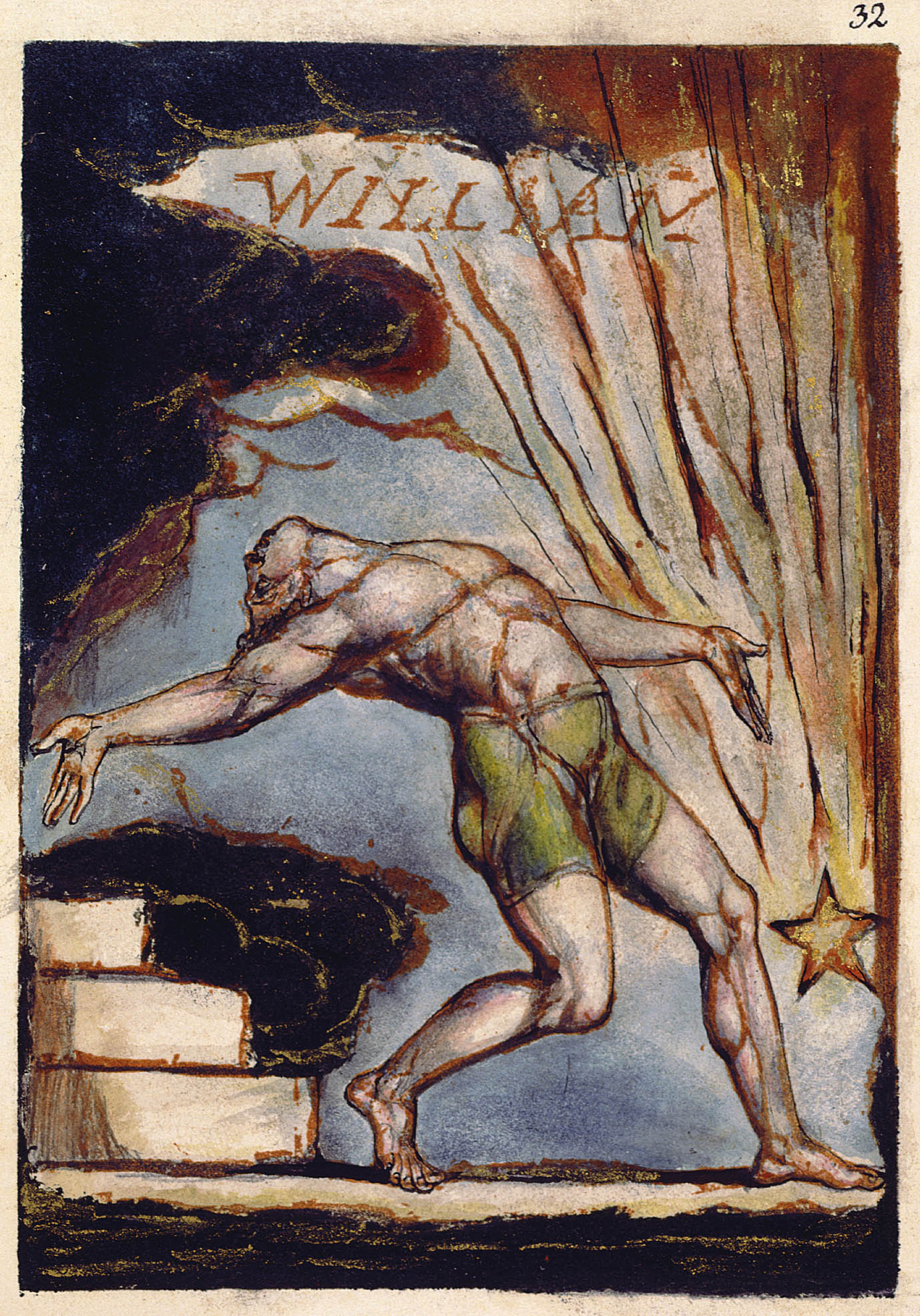Redefining Apocalypse in Blake Studies
DOI:
https://doi.org/10.47761/biq.344Abstract
Michael Stone argues that biblical scholars sow confusion by defining the ancient apocalypses in terms of the eschatological content or worldview that many contain (their “apocalypticism”) at the expense of other defining features. This conflation of apocalypse with eschatology emerged with the first comprehensive study of the apocalypses, by the German theologian Friedrich Lücke in 1832. The problem has been exacerbated in our time by the ubiquitous use of the term “apocalypse” in the media, popular culture, the churches, the arts, academe, and environmental studies, which has all but emptied the term of its core meaning as “revelation” or “disclosure.” When “the apocalypse” is invoked, it most often refers to a large-scale catastrophe or cataclysm, usually involving the collapse of civilization or the end of the world. Such references comport better with the concept of eschatology, the study of last things or the “end” of history, than with apocalypse. The terminological confusion appears in the history of Blake criticism as well, from S. Foster Damon, through Northrop Frye, Harold Bloom, and Morton Paley, to more recent work by Steven Goldsmith and Lucy Cogan. It is marked by an uncritical and inconsistent use of “apocalyptic” or “the apocalypse” to refer primarily to an end-time judgment. A scholar who has resisted this critical conflation in both biblical and Blake criticism is Christopher Rowland, who wrote the landmark book The Open Heaven: A Study of Apocalyptic in Judaism and Early Christianity (1982), as well as Blake and the Bible (2010). Rowland, along with a burgeoning cadre of biblical scholars who address the issue, can help bring more precision to the way these concepts are used in Blake studies.




